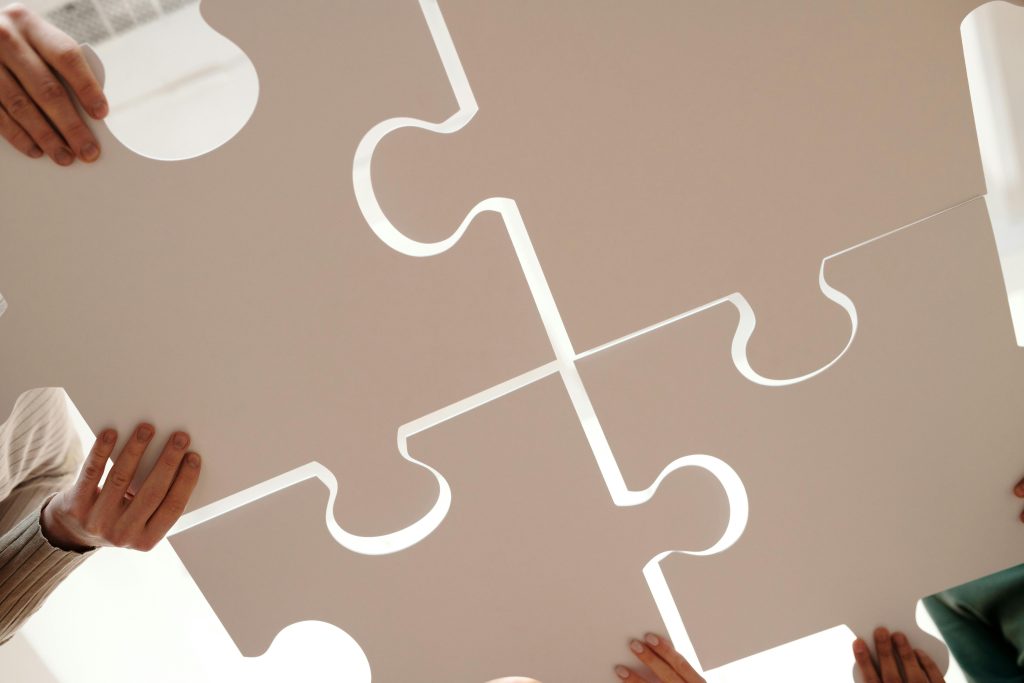Allyship in the workplace is more than a buzzword. It is a daily practice that helps create environments where everyone feels respected, valued, and safe. True allyship is about taking responsibility for the kind of culture we build together. It means recognising that while we may not share the same lived experiences, we all have the power to make a difference.
At its core, allyship fosters inclusion, equity, and psychological safety. Allies use their awareness and influence to challenge bias, amplify voices, and open doors for others, especially those from marginalised or underrepresented groups. But allyship is not one-size-fits-all. People show up as allies in different ways, depending on their personalities, strengths, and situations. Below are some of the most common and impactful forms of allyship that help shape inclusive workplaces.
The listener
A listener ally practices empathy through attention. They make space for others to share their stories and experiences, especially those who are often talked over or ignored. Instead of jumping in to offer solutions, they listen to understand. They validate experiences by saying things like, “That sounds really difficult,” or “Thank you for sharing that with me.”
Listener allies also pay attention to who speaks up in meetings and who does not. They notice whose perspectives are missing and create opportunities for those voices to be heard. By doing this, they help build psychological safety where everyone feels comfortable being open without fear of judgment or dismissal.
The amplifier
Amplifiers use their visibility and platform to make sure others receive the recognition they deserve. They know that brilliant ideas can easily go unheard, especially when they come from people with less power or representation in the room.
When a colleague’s point is overlooked, the amplifier ensures it is brought back into the conversation. They might say, “Let’s revisit what Aisha said earlier. Her insight on customer feedback was really valuable.” This small act not only gives credit where it is due but also helps challenge the invisibility that many employees face.
Amplifiers play a key role in making inclusion tangible. They do not just notice when someone is unheard; they take deliberate action to make their contributions visible.
The advocate
Advocates are the ones who push for equity at the systems level. They are not afraid to use their position, privilege, or authority to question unfair decisions, highlight patterns of exclusion, and promote structural change.
Advocates might support inclusive hiring practices, raise concerns about biased performance reviews, or champion mental health and accessibility initiatives. They also speak up when they witness microaggressions or exclusionary behaviour.
While their actions sometimes involve discomfort or risk, advocates understand that allyship is not about convenience. It is about doing what is right. They lead with courage and consistency, even when no one is watching.
The learner
Learners remind us that allyship is not a destination but a journey. They actively seek out ways to expand their understanding of different identities and experiences. Instead of relying on colleagues from underrepresented groups to explain things, they take initiative by reading, attending workshops, and reflecting on what they learn.
Learners are humble enough to admit when they get something wrong and open enough to change their behaviour when they receive feedback. They model what continuous growth looks like, showing that allyship is built through curiosity, accountability, and learning.
The sponsor
Sponsors take allyship a step further by using their influence to help others advance. They advocate for promotions, recommend colleagues for key projects, and open doors to new opportunities. Sponsors often work behind the scenes, but their impact is profound. They help shift the balance of opportunity in workplaces where not everyone has equal access to visibility or mentorship.
True sponsorship requires trust and belief in someone’s potential. Sponsors do not just talk about inclusion; they practice it through tangible actions that shape careers and build confidence.
The upstander
Upstanders are allies who act in the moment. When they witness a biased remark, inappropriate joke, or dismissive comment, they intervene respectfully but firmly. They may say, “I do not think that comment was fair,” or “Let’s make sure everyone feels comfortable in this space.”
These small moments matter. They show others that disrespectful behaviour will not go unchecked and that inclusion is everyone’s responsibility. Over time, consistent upstander behaviour helps shift workplace norms and creates a culture where people know they will be supported if they speak up.When allies show up consistently, workplaces evolve from being spaces of competition and silence to communities built on trust and belonging.
At Serein, we help organisations turn everyday allyship into a culture where everyone belongs. Connect with us at hello@serein.in to learn how your teams can build more equitable and empowering workplaces.


